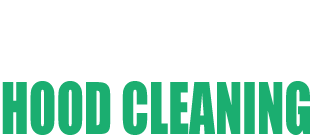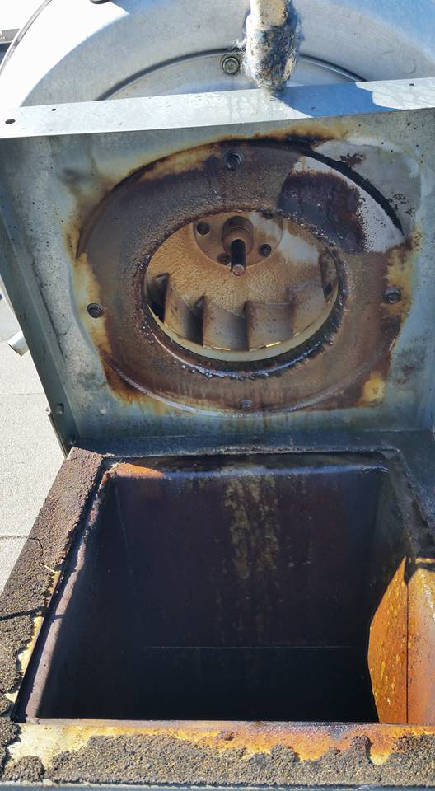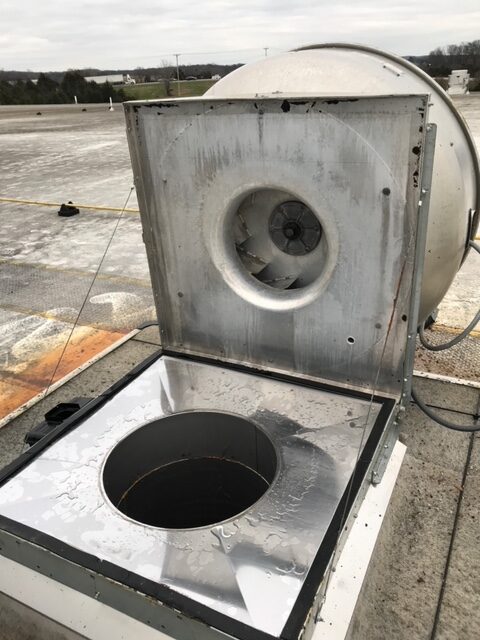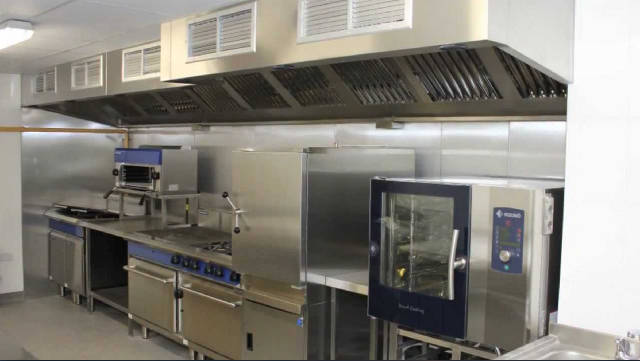Learning from Experience: Understanding the Top 10 Mistakes and Best Practices in Restaurant Hood Cleaning for San Jose Operators
San Jose restaurant operators face numerous obstacles when it comes to maintaining a safe environment for their patrons. One essential task in maintaining this standard is restaurant hood cleaning, which ensures proper functioning of ventilation systems and reduces fire risks. Without knowledge of best practices and potential pitfalls, operators can unknowingly make costly errors that compromise compliance and safety standards.
This article seeks to provide valuable insight into the top 10 mistakes and best practices of restaurant hood cleaning for San Jose operators. By drawing upon industry professionals’ experiences, restaurant owners and operators can gain knowledge from industry professionals’ insights in making informed decisions regarding hood cleaning protocols. So let’s dive in and discover all there is to know about restaurant hood cleaning!
Learning from Experience: Understanding the Top 10 Mistakes and Best Practices in Hood Cleaning for San Jose Operators
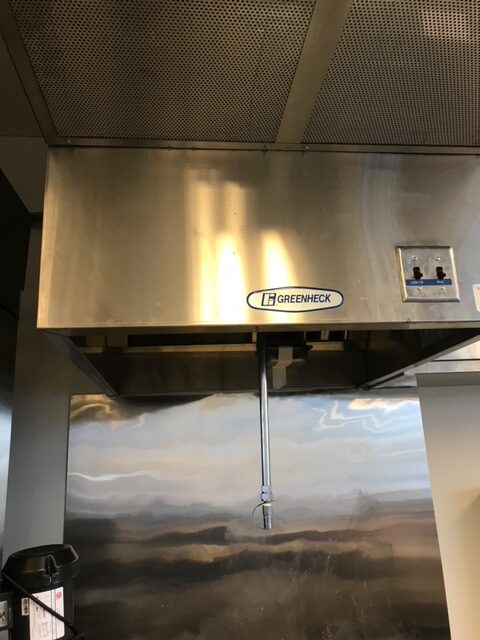
1. Ignoring Regular Cleaning Schedules
A consistent and regular cleaning schedule is crucial to the successful operation of restaurant hoods, but many operators make the mistake of neglecting it and thinking occasional cleaning will suffice. Unfortunately, built up grease and debris can become a fire risk over time; by adhering to a regular schedule for cleaning purposes in San Jose operators can minimize fire risks while simultaneously optimizing ventilation efficiency.
2. Employing Inexperienced Hood Cleaning Services
In regards to restaurant hood cleaning, trusting untrained or incompetent individuals to do the task can have disastrous results. Partner with professional hood cleaning services who possess the requisite experience, equipment, and certifications so San Jose operators can rest assured their hoods are cleaned to the highest industry standards.
3. Lack of Employee Training and Education
San Jose operators’s often neglect the importance of training their restaurant staff on the best practices of hood cleaning, its risks, identifying signs of dirty hoods, and reporting any issues to management. By providing comprehensive education, operators can ensure their whole team actively contributes towards keeping the restaurant clean.
4. Ignoring Local Fire and Safety Codes
Restaurant operators in San Jose must abide by local fire and safety codes, or risk incurring fines, closure orders, or endangering staff and customers. Regularly reviewing cleaning protocols against new codes ensures operators’s stay on the right side of law while prioritizing safety of their establishment.
5. Employing Unsuitable Chemicals
Though regular cleaning is important, using unsuitable chemical solutions for certain hood materials can cause serious damage and corrosion to hood materials. Therefore it is vital that operators in San Jose select cleaning agents recommended by manufacturers or industry professionals in order to preserve its integrity. By choosing appropriate solutions they can extend the lifespan of their hoods while preventing costly repairs or replacements in San Jose.
6. Neglecting Exhaust Fan Maintenance
Restaurant hoods rely heavily on exhaust fans to regulate airflow and remove odors, making regular maintenance of these fans of great importance in maintaining optimal airflow while mitigating fire risks. Neglecting exhaust fan maintenance could result in reduced efficiency and greater fire hazards; San Jose operators should include inspection and cleaning procedures into their maintenance plan in order to guarantee optimal performance and an enjoyable dining experience.
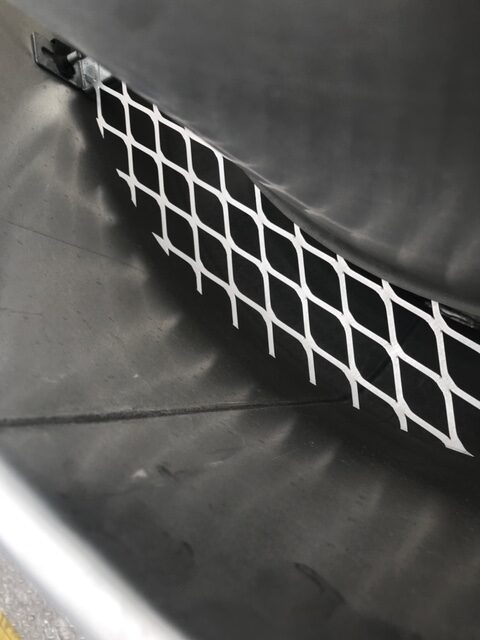
7. Failing to Document Cleaning Procedures
Proper documentation of cleaning procedures is vital for accountability and compliance purposes, and San Jose operators should maintain an in-depth record of their hood cleaning activities in order to demonstrate their dedication to maintaining a safe and clean workplace environment. Such records serve as proof of compliance in inspections or audits and help operators demonstrate their dedication.
8. Hidden ares of Grease and Debris
Restaurant hoods consist of multiple components that need regular cleaning, such as filters, ducts and fans. Operators often assume surface cleaning will suffice; however, neglecting hidden areas allows grease and debris to build up over time, increasing fire risks while impairing ventilation efficiency. By thoroughly cleaning all components regularly in San Jose kitchens operators can avoid potential hazards while creating a healthy kitchen environment.
9. Neglecting Regular Filter Maintenance
Filters play an essential role in restaurant hoods by trapping grease before it enters the exhaust system and increasing fire hazards. Failing to perform routine filter maintenance could result in grease buildup, reduced airflow, and increased fire risks; operators in San Jose should establish a filter maintenance schedule, including inspections, cleaning, and replacement as needed, for optimal performance and safety of their hood systems.
10. Lack of Post-Cleaning Inspection
After conducting a hood cleaning, it is crucial to conduct a post-cleaning inspection to ensure all components are clean and functioning correctly. San Jose operators should assign responsible individuals to inspect hoods, ducts, fans, and any other associated parts that need attention – this step helps identify any missed spots, potential issues or maintenance needs for immediate corrective actions and preventing future problems.
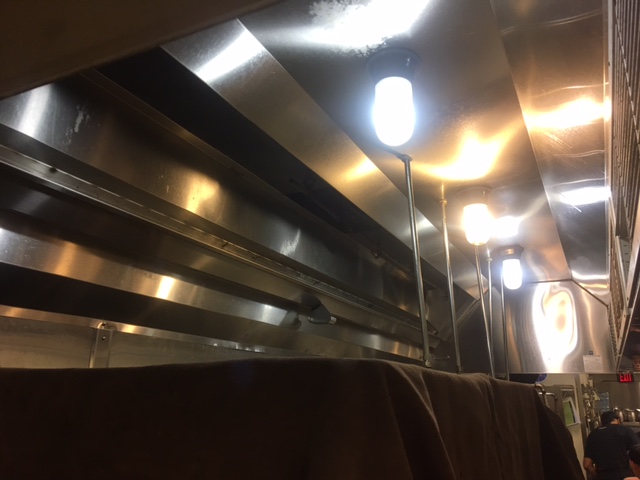
Frequently Asked Questions
FAQ 1: When should restaurant hoods be cleaned?
Answer: Depending on the volume and type of cuisine being prepared in the establishment, cleaning frequency should be determined in line with local fire and safety codes.
FAQ 2: Do any specific cleaning products exist that can help me clean my restaurant hood?
Answer: Yes, specific cleaning agents have been designed specifically for restaurant hood cleaning. For optimal results it is wise to consult professional cleaners or refer to manufacturer specifications when selecting appropriate solutions that are safe and effective against your hood materials.
FAQ 3: Can I Clean the Restaurant Hood Myself?
Although it might be tempting to tackle cleaning my restaurant hood myself, we highly advise hiring professional hood cleaning services as certified experts possess the required expertise, equipment and knowledge for thorough hood cleaning that adheres to industry standards.
FAQ 4: What are the Consequences of Failing to Adhere to Local Fire and Safety Codes?
Answer: Failing to adhere to local fire and safety codes can have severe repercussions, such as significant fines, closure orders or legal action – as well as endangering both staff and customer safety.
FAQ 5: How Can I Assure Proper Ventilation in my Restaurant?
To ensure proper ventilation, regular maintenance of restaurant hoods, exhaust fans and ducts must take place to ensure adequate airflow throughout the space. Furthermore, monitoring airflow levels and investing in quality ventilation systems contribute towards creating an airtight yet comfortable atmosphere in any establishment.
FAQ 6: How can I locate a reliable hood cleaning service in San Jose?
Answer: To identify a trusted service provider in San Jose requires conducting extensive research, reading reviews and testimonials, verifying certifications and experience as well as getting recommendations from local restaurant owners/operators.
In Summary
Hood cleaning is an integral component of running an establishment that is both safe and compliant for operators in San Jose. By understanding the top 10 mistakes and best practices of hood cleaning, operators can avoid costly errors while prolonging the longevity and efficiency of their hoods. Regular cleaning, hiring qualified professionals, adhering to local codes, comprehensive maintenance, as well as learning from past experience are keys components in providing a clean environment for staff and customers alike.
